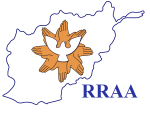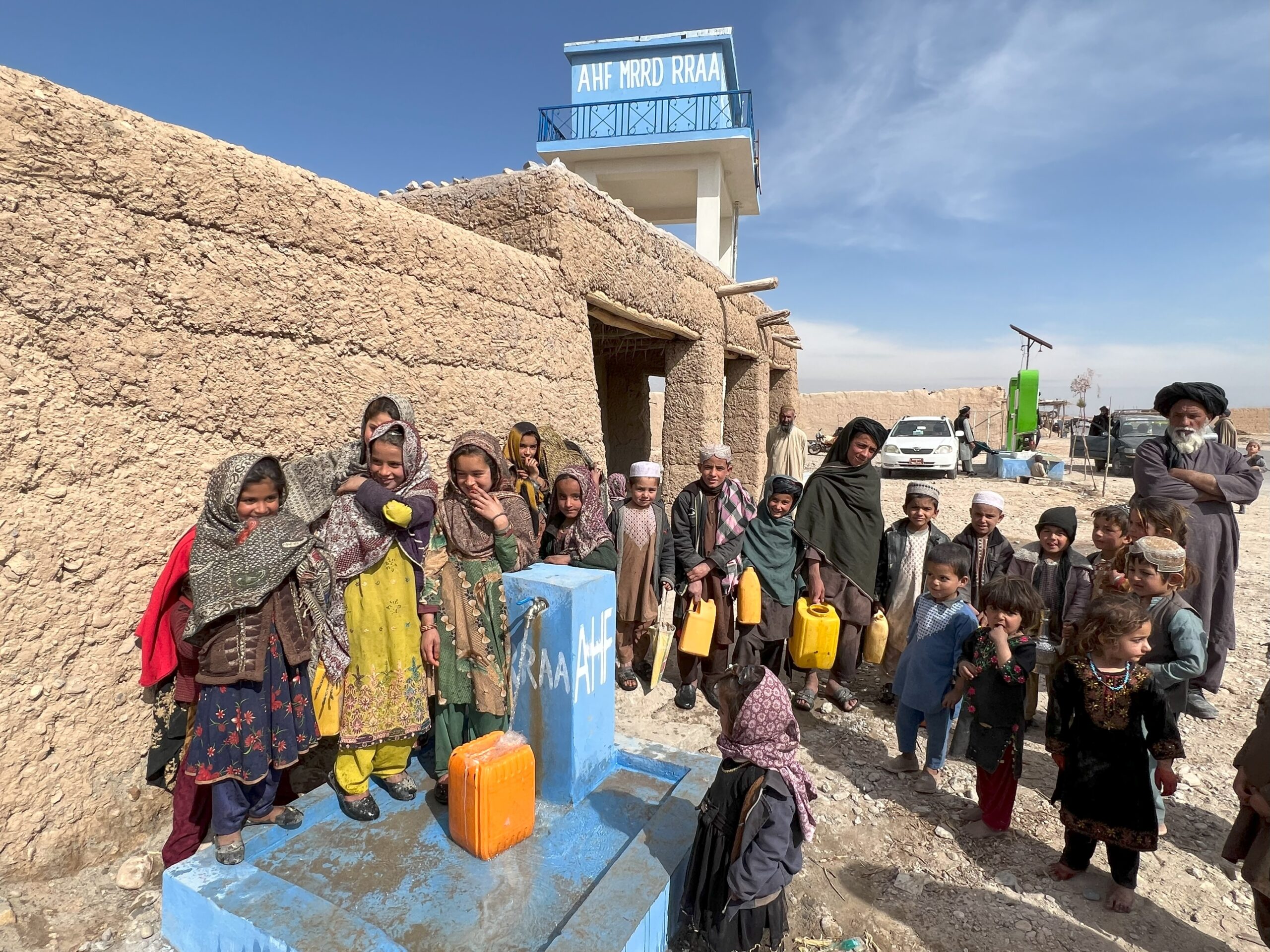Water, Sanitation, and Hygiene (WASH) are critical components of humanitarian assistance in Afghanistan, particularly in the context of climate change. The country is already facing significant water scarcity and droughts, and climate change is expected to worsen these conditions. This will have a significant impact on the availability of safe drinking water, sanitation, and hygiene, leading to increased health risks and disease outbreaks.
According to the Afghanistan Humanitarian Needs and Response Plan (HNRP) 2024, WASH interventions are a top priority in addressing the humanitarian crisis in the country. Access to safe drinking water is a significant concern, with an estimated 21.1 million people in need of safe drinking water and sanitation facilities. Poor hygiene practices further exacerbate the problem, leading to the spread of diseases such as cholera and diarrhea.
Climate change is also impacting the availability of water resources in Afghanistan, with melting glaciers and reduced snowfall affecting river flows and groundwater recharge. This has led to increased competition for water resources, particularly in rural areas where agriculture is a primary source of livelihood.
To address these challenges, RRAA works in rural communities to implement WASH interventions that provide access to safe drinking water, sanitation facilities, and hygiene education. These interventions include gravity pipe schemes, solar power people schemes, and construction/rehabilitation of wells, Kariz, and water sources, including constructing latrines and providing hygiene education to communities. Additionally, we are working to promote sustainable water management practices that take into account the impacts of climate change on water resources, including rainwater harvesting and groundwater recharge.
In conclusion, WASH interventions are critical in addressing the humanitarian crisis in Afghanistan, particularly in the context of climate change. It is essential to promote sustainable water management practices that take into account the impacts of climate change on water resources to ensure that vulnerable communities have access to safe drinking water, sanitation facilities, and hygiene education.
Rural Rehabilitation Association for Afghanistan (RRAA) has been involved in delivering WASH services in different provinces of Afghanistan, and in order to facilitate safe drinking water and to improve sanitary conditions in the targeted communities, it will continue to work in this sector for its strategic period, of 2023-2027.

